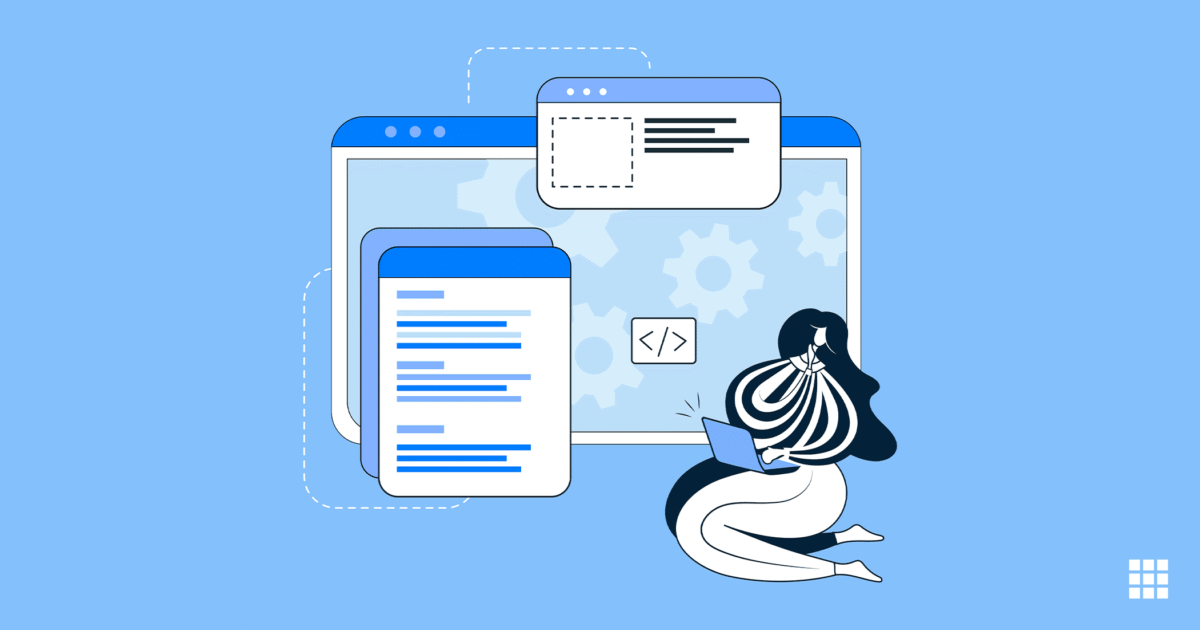
Increasing a website’s loading time is one of the many fundamental techniques for optimising a website. You can use caching as a quick and dependable hosting service to enhance the performance of your website.
A feature of websites called caching copies and stores web page data for later use. Images, HTML, CSS, and JavaScript are examples of static website material that is typically included in cached data. Web browsers may render websites without requesting resources from web servers directly thanks to caching. Your website will load more quickly as a result of shorter, more effective data transfers. Interesting, right? With this article, we will talk more about what website caching is and how you can fix it. So, without further delay, here we go!


Write A Comment